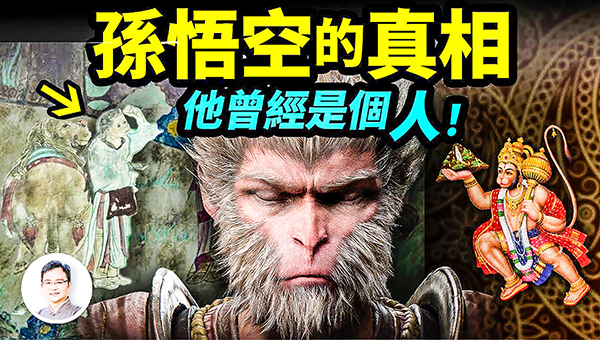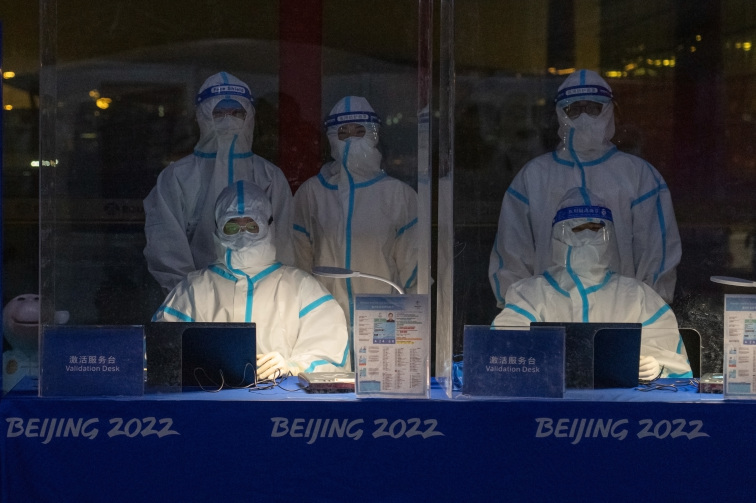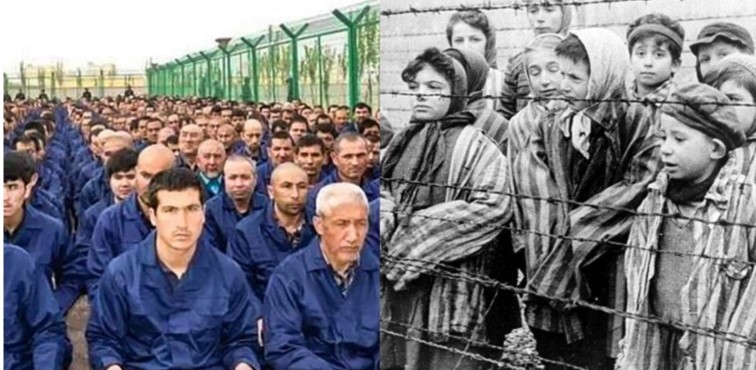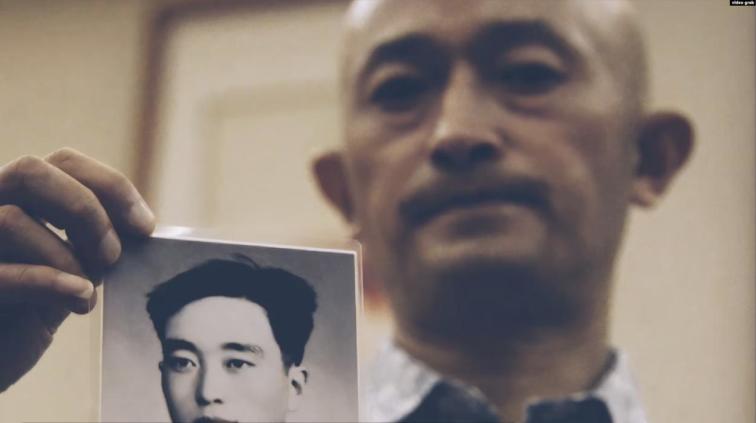Tibet During the Cultural Revolution. (Image from the internet)
[People News] On April 25, 2025, Wu Guixian, the first female Vice Premier of the Chinese Communist Party (CCP), passed away in Shenzhen at the age of 88 due to illness. Born in 1938 into a peasant family in Gongyi, Henan Province, Wu began her career as a textile worker at the Northwest Cotton Mill No. 1 in Xianyang, Shaanxi Province, at the age of 13. She was recognised as a model worker for her 'active learning and application of Mao Zedong Thought.' Wu served as Vice Premier of the State Council from January 1975 to September 1977, becoming a prominent figure during the Cultural Revolution. Alongside her was Chen Yonggui, a semi-literate farmer and leader of the Dazhai Commune, who was also promoted to Vice Premier (1975-1980) by Mao Zedong during the peak of the Cultural Revolution, overseeing agricultural affairs. The swift rise of both Wu Guixian and Chen Yonggui highlights the absurdity and chaos of the CCP system during the Cultural Revolution (1966-1976). Their political careers, which experienced significant ups and downs, concluded with the end of the Cultural Revolution and the beginning of reform and opening up, marking a historical footnote to the ongoing crisis of CCP governance.
The ascension of Wu Guixian and Chen Yonggui serves as a microcosm of the absurdity inherent in the CCP system during the Cultural Revolution. The institutional flaws and ideological fervour that facilitated their rise not only resulted in personal tragedies but also set the stage for the current crisis facing CCP rule. The following analysis will delve into the general reasons, underlying causes, and the absurdity of the CCP system.
Factors Leading to the Appointment of Wu Guixian and Chen Yonggui as Vice Premiers
The Ideological Fanaticism of the Cultural Revolution: The Cultural Revolution (1966-1976), initiated by Mao Zedong, aimed to 'eliminate capitalist restoration' through class struggle led by the Red Guards and rebels. Mao emphasised that 'workers, peasants, and soldiers are the main force of the revolution,' advocating for the selection of cadres from grassroots levels. Wu Guixian and Chen Yonggui, recognised as 'models' of workers and farmers, were quickly elevated to high-ranking positions. Wu Guixian became a political symbol for Mao due to her status as a model worker in the textile industry, while Chen Yonggui was highlighted for the propaganda surrounding Dazhai's 'self-reliance,' showcasing Mao's vision of 'workers and peasants in charge.'
Political Needs and Power Balance: In 1975, with Zhou Enlai gravely ill, Mao Zedong needed to appoint a new vice premier to share responsibilities while balancing the factions of the Cultural Revolution and the old cadre forces. The promotions of Wu Guixian and Chen Yonggui not only aligned with Mao's vision of 'workers, peasants, and soldiers as cadres' but also provided a symbolic victory for the Cultural Revolution rebels. Wu Guixian was tasked with overseeing industry, while Chen Yonggui was responsible for agriculture. Their pairing as 'one man and one woman' was personally endorsed by Mao Zedong, reflecting his political propaganda goals.
Neglect of Education and Qualifications: During the Cultural Revolution, the Chinese Communist Party rejected intellectuals and professional bureaucrats, stressing that 'loyalty is above ability.' Although Wu Guixian later attended Northwest University, she had only a primary school education when she began her career; Chen Yonggui was semi-literate and completed reports through oral dictation. This anti-intellectual trend allowed both individuals to bypass professional qualifications and ascend directly to the role of vice premier, but it also created potential risks for policy errors.
Underlying Reasons
The Cult of Personality in a Totalitarian Regime: At the heart of the Cultural Revolution was the cult of personality surrounding Mao Zedong, where policy decisions were largely dictated by his will. The promotions of Wu Guixian and Chen Yonggui were rooted in Mao's vision of a 'workers and peasants' revolution, which ignored institutional norms and competency requirements. This cult of personality resulted in arbitrary decision-making, reducing the selection of vice premiers to mere political instruments, and highlighting the lack of rationality and checks and balances within the CCP system.
The Distortion of Class Struggle Ideology: The Cultural Revolution took class struggle to an extreme, leading to the downfall of intellectuals and professional cadres, while workers, peasants, and soldiers were elevated to the status of 'pure forces.' Chen Yonggui's Dazhai model was touted as an 'agricultural miracle,' but in truth, it involved data manipulation and resource misallocation. Wu Guixian's status as a model worker was inflated into a 'revolutionary paradigm,' obscuring his ineptitude in industrial management. This ideological distortion allowed semi-literate individuals and grassroots workers to ascend to high leadership positions, resulting in policy confusion and economic stagnation.
Corruption and Power Vacuum within the System: The Cultural Revolution dismantled public security, judicial, and party-government institutions, creating a power vacuum. Mao Zedong attempted to fill these gaps by promoting 'workers, peasants, and soldiers,' without regard for their capabilities. Wu Guixian and Chen Yonggui found it difficult to fulfil their roles in high positions, with policy execution often relying on veteran cadres to rectify issues. Such arbitrary appointments in a power vacuum revealed the corruption and disorder within the CCP system.
The Absurdity of the CCP System
The political trajectories of Wu Guixian and Chen Yonggui as vice premiers vividly illustrate the absurdity of the CCP system during the Cultural Revolution:
The Absurdity of Anti-Intellectual Appointments: Chen Yonggui, who is semi-literate, is responsible for national agriculture, yet he promotes the Dazhai model, which has led to the waste of agricultural resources and inflated production figures. Wu Guixian, with only a primary school education, manages the industrial sector, while actual decision-making is left to professional bureaucrats, making the high positions of both men effectively meaningless. Such anti-intellectual appointments are not only ineffective but also erode public trust in the regime.
The Hypocrisy of Political Propaganda: The Chinese Communist Party (CCP) has crafted an image of Wu Guixian and Chen Yonggui as symbols of 'workers and farmers in charge,' while obscuring their incompetence and policy failures. The fabrication of the Dazhai model and the myth surrounding Wu Guixian as a model worker exemplify the CCP's propaganda machinery manipulating public opinion. This kind of hypocritical propaganda has fostered deep skepticism among the public towards the regime in the aftermath of the Cultural Revolution.
Signs of Systemic Collapse: The absurd appointments during the Cultural Revolution serve as a microcosm of the CCP's systemic collapse. Mao Zedong's personal will overshadowed institutional frameworks, leading to policy chaos and economic regression, with an average GDP growth of only 2% from 1966 to 1976. The swift downfall of Wu Guixian and Chen Yonggui, who were marginalised after the Cultural Revolution, indicates that the system is incapable of self-correction, planting the seeds of today's ruling crisis.
Conclusion
The absurd political trajectories of Wu Guixian and Chen Yonggui highlight the totalitarianism and anti-intellectualism of the Chinese Communist Party (CCP) during the Cultural Revolution, serving as a historical footnote to its ongoing ruling crisis. Today, the CCP is confronted with a 145% tariff war, a real estate crisis (with local debts reaching 90 trillion), and widespread public discontent. Its authoritarian system and ideology perpetuate the absurdities of the Cultural Revolution. The death of Wu Guixian has prompted the public to reflect on the calamities of that era, while also underscoring the fragility of the current CCP regime. The CCP is attempting to mask its crises with nationalism and stability measures, akin to a crumbling wall that is powerless to restore itself. The absurd legacy of the Cultural Revolution, combined with the harsh realities of economic collapse, has sounded a death knell for the CCP.
(First published in People News)










News magazine bootstrap themes!
I like this themes, fast loading and look profesional
Thank you Carlos!
You're welcome!
Please support me with give positive rating!
Yes Sure!